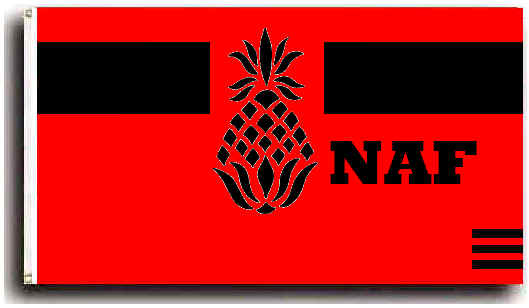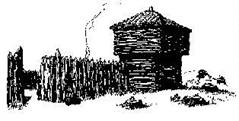|
__________________________________________________
SOME
THOUGHTS ABOUT HISTORY ...
We
believe the "Final Word" will never be said.
There is always more to learn ...
We
can honestly say we have learned more from our customers
than we could ever teach them! History enthusiasts,
whether they be bus drivers, professors, or 12 year old
kids are always teaching us a thing or two about the past.
We all have to be prepared to re-think what we thought we
knew! If you find any inaccuracies in what you find on
these pages, please drop us a line. We are all here to
learn from each other!
“O! Ye unborn inhabitants of America! Should this
page escape its destined conflagration at the Year’s
End, and these Alphabetical Letters remain legible …
When your eyes behold the Sun after he has ruled the
Seasons round for two centuries more, you will know that
we dream’d of your Times.”
By
Nathaniel Ames Jr, 1776
Publisher of an Astronomical Diary and Almanac
_______________________________________________________________________________
ABOUT
KETTLE LIDS:
Although there were certainly metal lids made for kettles,
it does not seem that they were prevalent. Few examples
survive, so we must suppose that either they were not
common, or they met with a quick end at the hearth. From
our research, it seems simple wooden lids were frequently
used. From our ancestors point of view, wooden lids seem
more practical. They are easily made (most were just a
slab of wood, some not even cut round. A simple hole in
the center allowed the lid to be removed with an iron
"lid lifter"). If the lid was damaged, it became
fuel for the fire, and a new slab was fitted over the pot.
Cookbooks of the period advise that the wooden lids be
soaked before use to prevent them burning.
_______________________________________________________________________________
 From
the "Master Coppersmith" himself, one of
our 1st members in the NAF and supplier of those special
wares with the NAF logo. Thank you Mr. Peter Goebel for
your time, we will be looking forward to your thoughts on
historical accounts and living history. From
the "Master Coppersmith" himself, one of
our 1st members in the NAF and supplier of those special
wares with the NAF logo. Thank you Mr. Peter Goebel for
your time, we will be looking forward to your thoughts on
historical accounts and living history.

|

